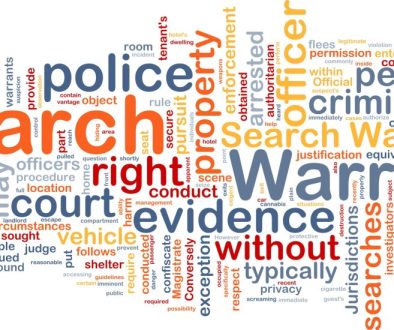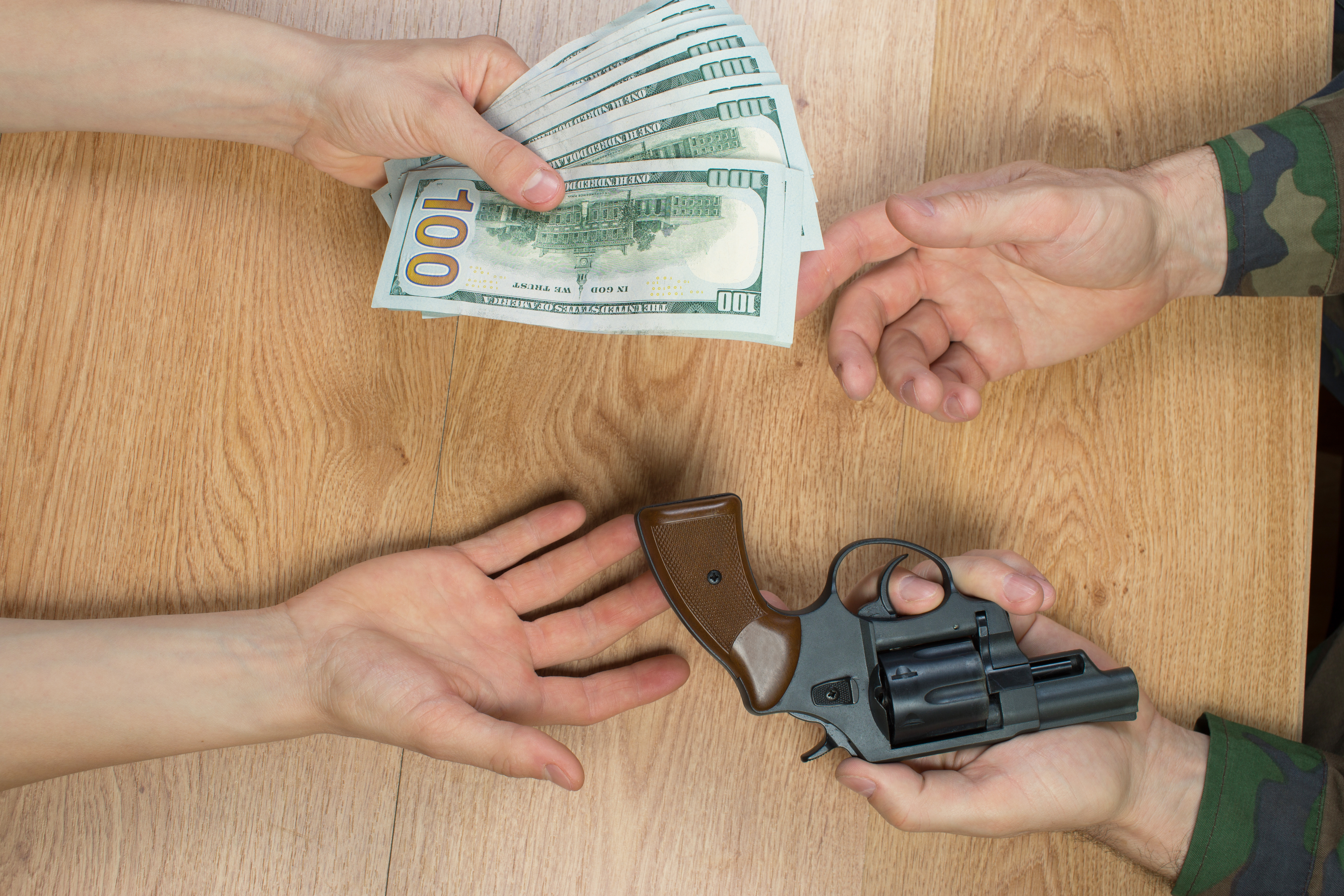False Statements on Pennsylvania Firearm Application
Our law firm receives a number of questions regarding obtaining firearms in Pennsylvania and New Jersey. I’ve written a number of articles about both of these jurisdictions but this article focuses solely on the gun application in Pennsylvania. All firearm applications for purchase of a handgun or any firearm within the Commonwealth, requires the applicant to disclose personal information about their background. Specifically, the Pennsylvania State Police, under its form SP4-113, will ask if you have ever been convicted of “a crime enumerated in Section 6105(b) or any other conditions under Section 6105(c) apply to you”.
Section 6105 of Pennsylvania’s Uniform Firearm’s Act – Felony & Misdemeanor Crimes
This question is specifically focused on felony crimes of violence such as aggravated assault, criminal trespass, robbery, rape, murder, and manslaughter. In addition, under Subparagraph C, the question is asking if the person has ever been convicted of a crime under Pennsylvania’s Controlled Substance, Drug, Device, and Cosmetic Act or any equivalent federal or a statute of another state such as New Jersey. Further, subparagraph C of Section 6105 makes it a crime for any individual who has been convicted of drunk driving on 3 or more occasions within a 5 year period. Finally, this section also deals with active protection from abuse orders (PFA) under 23Pa.CS Section 6108 which requires a person to relinquish all guns and firearms.
Most people assume that only a felony crime will make them ineligible to possess a firearm within the Commonwealth but question 32 of the applications asks if a person has ever been convicted of a crime punishable by imprisonment for a term exceeding 1 year. The question follows with an explanation with regards to a maximum sentence. It’s important to understand that in Pennsylvania, misdemeanor crimes carry the following maximum sentences:
- Misdemeanor of the 1st degree—5 years
- Misdemeanor of the 2nd degree—2 years
- Misdemeanor of the 3rd degree—1 year
Basically, this means that if you’ve been convicted of a misdemeanor of the 2nd degree you would have to answer question 32 “YES” even though it’s not a felony offense. Question 33 is very self-explanatory but deals specifically with the concept of a straw purchase, I have written a previous article on this topic.
It is extremely important to understand that if you falsify a gun application in Pennsylvania, tdistrict attorney for that county will, more than likely, attempt to prosecute you under 3 possible statutes. These would include the following:
- Unsworn falsification to authorities
- Title 18 § 1849(a)—misdemeanor of the 2nd degree
- Tampering with public records or information
- Title 18 § 4911(a)—misdemeanor of the 2nd degree
- Making a material false written statement in connection with a purchase, delivery, or transfer of firearm
- Title 18 § 6111(g)(4)—felony of the 3rd degree
Section 6111 – The Sale or Transfer of Firearms in Pennsylvania
Of all of these charges, obviously the felony charge is the most serious and the maximum penalty under the law is 7 years of incarceration. A person violates Section 6111 if he or she makes a material false oral or written statement in connection with the purchase, deliver, or transfer of a firearm. A person also violates this section if he or she furnishes a false identification with regards to the purchase of a firearm. Keep in mind that many people answer the question incorrectly because they don’t properly understand prior criminal offenses and the maximum penalty. This, however, is not a defense; it would only go towards mitigation of a possible sentence.
The back of the form gives a further explanation for this question. It is still the responsibility of the individual making the purchase to understand their criminal background and possible violations.



